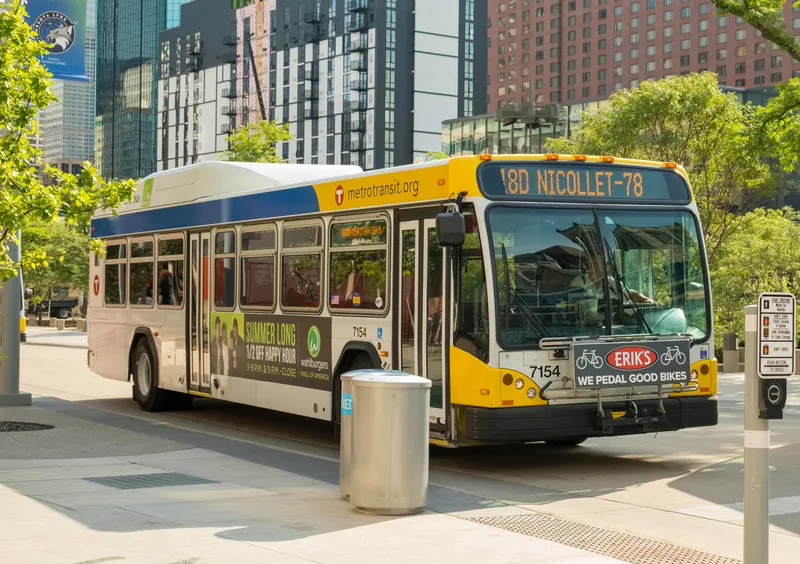The Mobile Payment and Smart Shopping areas at November’s CARTES Secure Connexions Event will focus on innovations and advanced technologies in mobile payments – while a conference entitled “Your future is mobile: Trust it!” will be chaired by Sirpa Nordlund, Executive Director of Mobey Forum, and will highlight the latest developments.
Things are moving fast: the speed and scale of the mobile revolution has exceeded most expectations and the numbers speak for themselves: almost half the world’s population now uses mobile communications, seven billion connections were made in 2012 and 10 billion are expected by 2017.
More than 100 million tablets were sold in 2012. And in the same year, 5.1 billion SIM cards were shipped. On the back of this revolution comes another: mobile payments, which are starting to take off all over the world and promise a disruptive transformation in financial services. Thailand’s largest telecomms operator, Advanced Info Service, is offering an NFC SIM card enabling a mobile phone to be used as an e-purse to pay for public transportation and goods in Bangkok.
In Europe Telefónica Germany recently introduced its O2 Wallet enabling the storage of virtual credit cards and other apps. Giesecke & Devrient is providing both the multi-application NFC SIM cards and the TSM (Trusted Service Management) service for O2. Meanwhile across Africa and other emerging markets, mobile transactions are becoming financial lifelines to millions, offering services to ‘unbanked’ populations who can now make simple peer-to-peer money transfers.
But the continued growth in mobile payments globally will depend on the confidence of customers that their personal bank details are securely kept and managed by their mobile device. As mobile devices become the ever more central means many of us use to manage our lives, storing personal data, photos, working documents, mail and even monitoring and managing our health, the need for security becomes even more paramount as users are exposed to a wide range of risks: ID theft, transaction repudiation, communication interception or breach of privacy. In the face of the ever-growing complexity of the mobile ecosystem, the SIM UICC card stands out as the technology best able to fulfill security and trust requirements. Its inherently secure components provide a safe execution environment enabling functions such as the generation of security keys or the legally binding certification of digital signatures.
Focus on trust as key to growth in mobile payments at CARTES 2013
The Mobile Payment and Smart Shopping areas at November’s CARTES Secure Connexions Event will focus on innovations and advanced technologies in mobile payments – while a conference entitled “Your future is mobile: Trust it!” will be chaired by Sirpa Nordlund, Executive Director of Mobey Forum, and will highlight the latest developments. Things are moving fast: the speed and scale of the mobile revolution has exceeded most expectations and the numbers speak for themselves: almost half the world’s population
October 31, 2013
Read time: 3 mins








